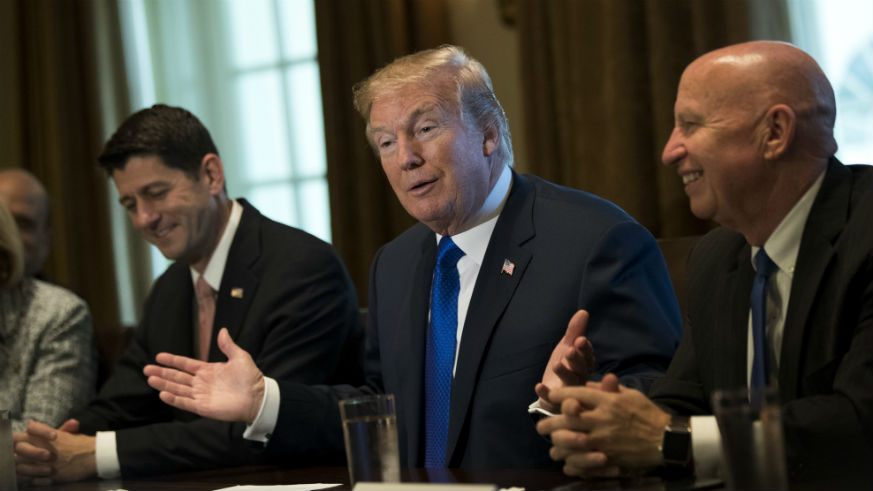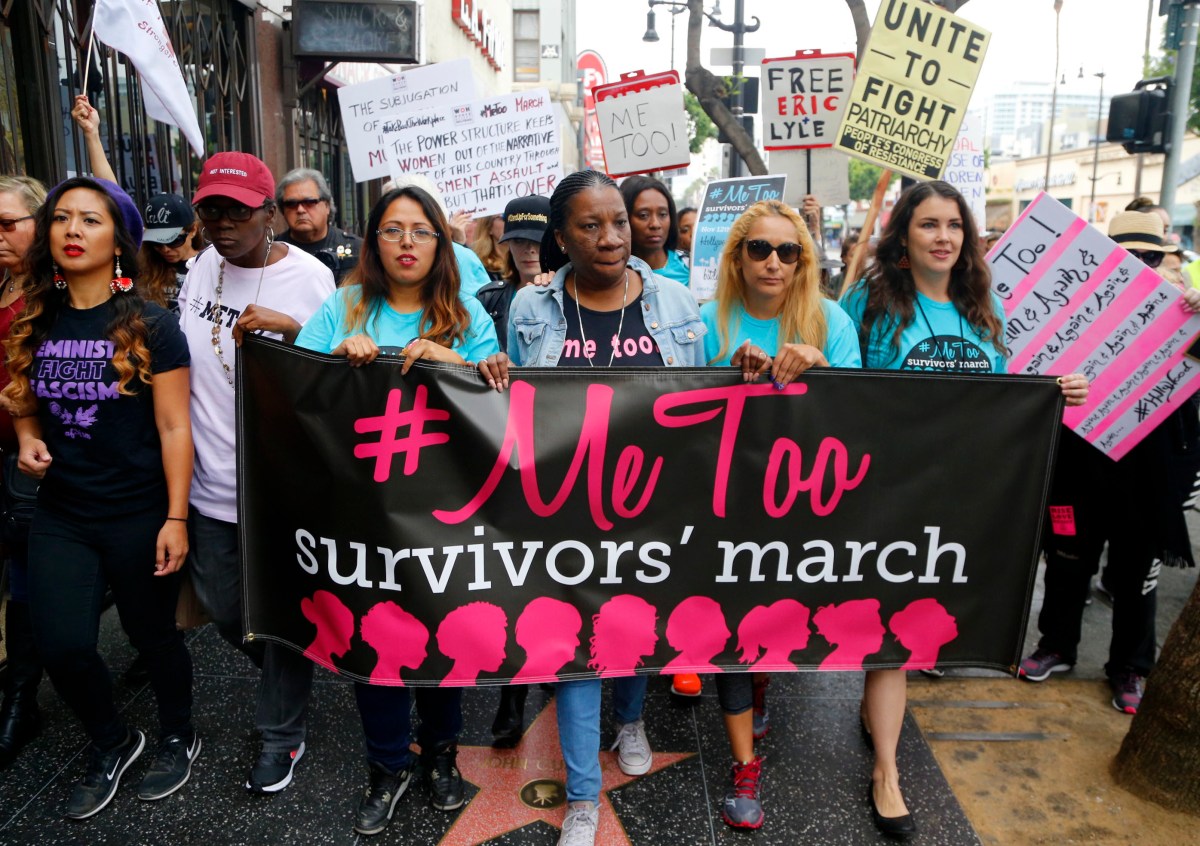In rolling out the GOP tax plan Thursday, House Speaker Paul Ryan said it would benefit “the middle class families in this country who deserve a break.” But new polls indicate most Americans aren’t buying it.
The bill’s main features include a reduction in the corporate tax rate from 35 to 20 percent, abolition of the Alternative Minimum Tax (AMT) and estate tax and a reduction of the number of tax brackets from five to three. Cutting the corporate tax rate alone would add $2 trillion to the deficit, according to the Tax Policy Center.
Only 13 percent of Americans believe the plan will primarily benefit the middle class, while 50 percent oppose it altogether, according to a Washington Post/ABC News poll released Friday. (Thirty-three percent approve, and 17 percent are undecided.)
In September, a Politico/Morning Consult poll found that six in ten Americans thought corporations paid too little in taxes, while only 38 percent of Americans thought tax reform should be a top priority. An October poll by Politico/Morning Consult found that only 39 percent of Americans thought a corporate tax cut should be part of the bill at all.
But public distaste for the plan isn’t dampening enthusiasm for it among Republicans on Capitol Hill, Vox found when a reporter took the poll results to eight members of Congress.
“Who cares?” said Rep. Chris Collins (R-NY).
“I don’t believe that poll,” replied Rep. Mike Conaway (R-TX).
“I would love to see those polls, because those aren’t polls of my constituents,” said Rep. Jason Smith (R-MO).
President Trump and the GOP have said a target for passage by Christmas.
Forging ahead with major legislation despite widespread public disapproval has become something of a hallmark for the current Congress. The GOP’s final two attempts to repeal Obamacare this year — the “skinny repeal” and Graham-Cassidy — had public approval ratings in the teens.



















